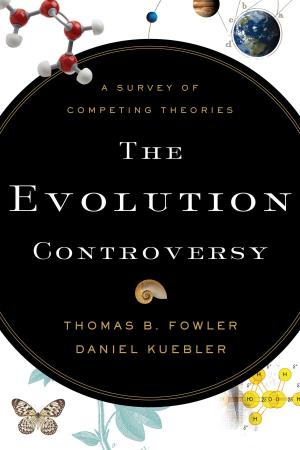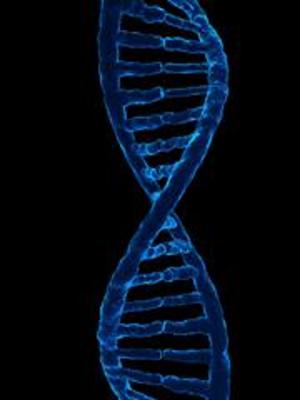Cosmic Delusions: How Darwin and Huxley Changed Science (Book I)
Nonfiction, Religion & Spirituality, Other Practices, Atheism, Science & Nature, Science, Biological Sciences, Evolution| Author: | Balfour Christian | ISBN: | 9781301576166 |
| Publisher: | Balfour Christian | Publication: | April 23, 2013 |
| Imprint: | Smashwords Edition | Language: | English |
| Author: | Balfour Christian |
| ISBN: | 9781301576166 |
| Publisher: | Balfour Christian |
| Publication: | April 23, 2013 |
| Imprint: | Smashwords Edition |
| Language: | English |
Cosmic Delusions examines the many fallacies surrounding modern science, particularly the claims of naturalistic evolutionary philosophy, and religion in general.Recent scientific data is causing many scientists to rethink their assumptions about the universe. A close and detailed examination of Earth’s biodiversity and ecosystems reveals that evolutionary theory is a dubious and questionable explanation of how life started.A proper understanding of the DNA of all living things suggests that life is far too complex to have evolved spontaneously from chaos or randomness. DNA is complex biological information. For complex information to exist in nature there must have been an intelligent source for this information, according to modern information theory, which is a sound scientific principle. Complex information simply does not arise extemporaneously from random, undirected events, irrespective of time or so-called “deep time.” If this was not the case, any attempt at discovery in the universe would be pointless and a nightmare.
Cosmic Delusions examines the many fallacies surrounding modern science, particularly the claims of naturalistic evolutionary philosophy, and religion in general.Recent scientific data is causing many scientists to rethink their assumptions about the universe. A close and detailed examination of Earth’s biodiversity and ecosystems reveals that evolutionary theory is a dubious and questionable explanation of how life started.A proper understanding of the DNA of all living things suggests that life is far too complex to have evolved spontaneously from chaos or randomness. DNA is complex biological information. For complex information to exist in nature there must have been an intelligent source for this information, according to modern information theory, which is a sound scientific principle. Complex information simply does not arise extemporaneously from random, undirected events, irrespective of time or so-called “deep time.” If this was not the case, any attempt at discovery in the universe would be pointless and a nightmare.















